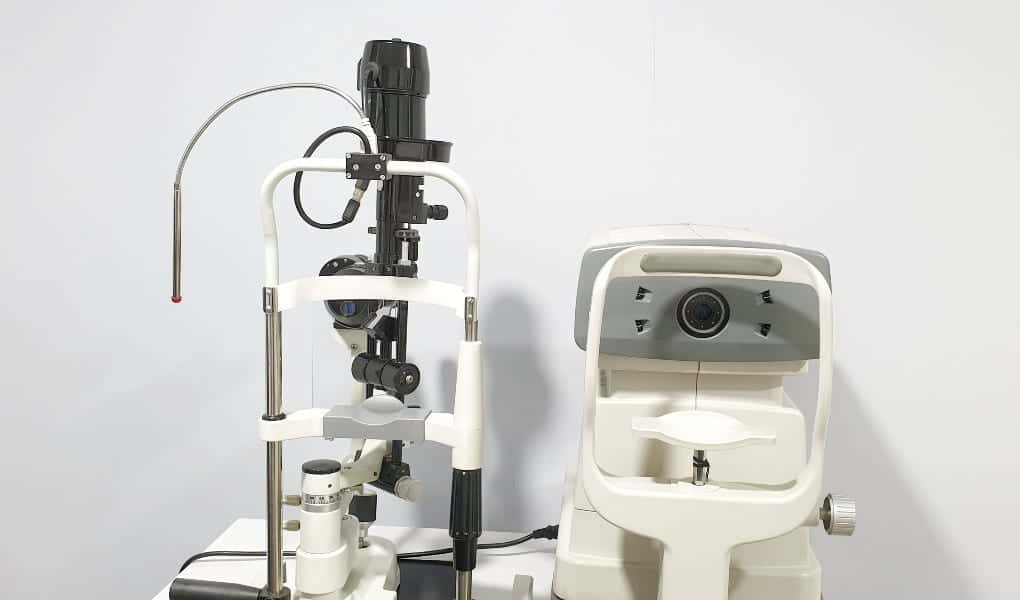The patient was then seen by an ophthalmologist who documented optic disc swelling secondary to increased intracranial pressure and flame retinal hemorrhages. The ophthalmologist referred the patient to a neurologist with the presumptive diagnosis of pseudotumor cerebri (IIH). The neurologist ordered a lumbar puncture which revealed an opening pressure greater than 50. The neurologist managed the patient with Acetazolamide. Over the span of a month, the patient’s vision deteriorated to blindness during which time, the patient was never referred to a neurosurgeon. When the patient was finally referred to a neurosurgeon, an emergency lumboperitoneal shunt was performed. However, by then, the patient had lost all vision in one eye. An expert neuro-ophthalmologist to review the records and opine on the standard of care and causality.
Question(s) For Expert Witness
What is your experience diagnosing and treating patients with IIH?
When is a referral to a neurosurgeon required in the diagnosis of IIH?
Can IIH be rapidly progressive? If so, how does the provider mitigate against complete vision loss in those cases?
Expert Witness Response E-009776
I am a neuro-ophthalmologist with expertise diagnosing and treating patients with IIH. I routinely see IIH patients in my practice - approximately 10 new cases every month. The key with IIH is close supervised follow up and management depending on vision loss. Once I've diagnosed someone with IIH, I follow them closely at least once a week initially (or even more frequently) depending on the severity of the vision loss. IIH patients can rapidly develop fulminant vision loss and need to be monitored frequently. This would entail performing visual fields, monitoring visual acuity, OCT, photos, and clinical follow up to mitigate complete vision loss. If in spite of treatment with Diamox, the patient experience progressive vision loss, then I usually admit the patient to the hospital and obtain a neurosurgical consultation with a view to proceed with shunting or other CSF diversion procedure. In this way, acute decline in vision loss can be captured early enough before the patient develops permanent vision loss. It is all about the timing of shunting and close monitoring of vision. Once vision is permanently damaged, shunting will not reverse the vision loss, and patients usually suffer irreversible damage to optic nerves.
About the author
Wendy Ketner, M.D.
Dr. Wendy Ketner is a distinguished medical professional with a comprehensive background in surgery and medical research. Currently serving as the Senior Vice President of Medical Affairs at the Expert Institute, she plays a pivotal role in overseeing the organization's most important client relationships. Dr. Ketner's extensive surgical training was completed at Mount Sinai Beth Israel, where she gained hands-on experience in various general surgery procedures, including hernia repairs, cholecystectomies, appendectomies, mastectomies for breast cancer, breast reconstruction, surgical oncology, vascular surgery, and colorectal surgery. She also provided care in the surgical intensive care unit.
Her research interests have focused on post-mastectomy reconstruction and the surgical treatment of gastric cancer, including co-authoring a textbook chapter on the subject. Additionally, she has contributed to research on the percutaneous delivery of stem cells following myocardial infarction.
Dr. Ketner's educational background includes a Bachelor's degree from Yale University in Latin American Studies and a Doctor of Medicine (M.D.) from SUNY Downstate College of Medicine. Moreover, she is a member of the Board of Advisors for Opollo Technologies, a fintech healthcare AI company, contributing her medical expertise to enhance healthcare technology solutions. Her role at Expert Institute involves leveraging her medical knowledge to provide insights into legal cases, underscoring her unique blend of medical and legal acumen.



